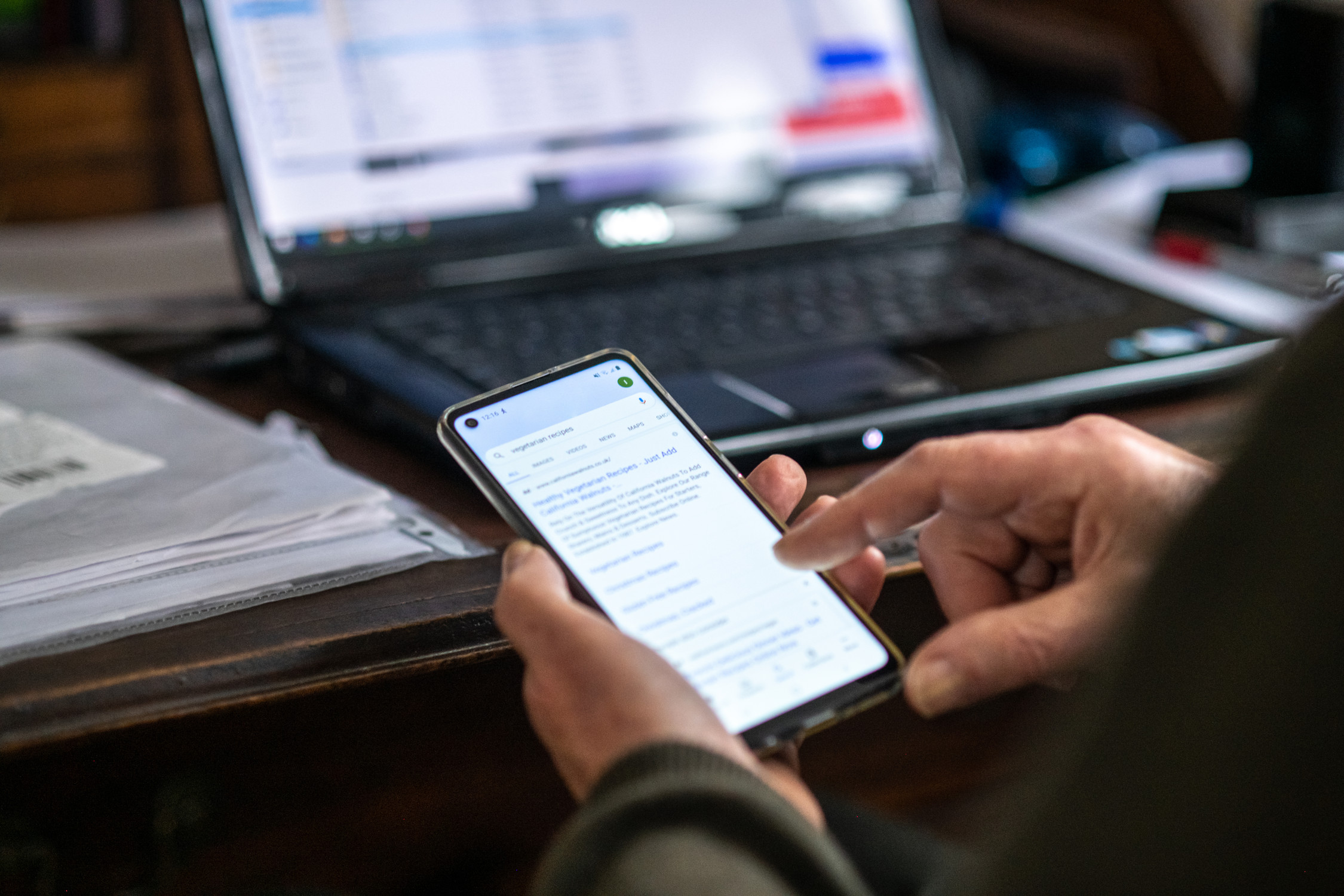BAME’ stands for ‘Black, Asian and minority ethnic’ and ‘BME’ stands for Black and Minority Ethnic’. These terms are widely used within the charity and other sectors when referring to racially minoritized groups. This labelling of people such as ‘BAME’ and ‘BME’ not only make the scores of other ethnic minority groups living in the UK invisible, but it also dangerously excludes groups such as Gypsy and Roma communities who are also an ethnic minority groups and are among those equally marginalised, and disadvantaged like the “non white” ethnic groups.
Personally, I would never want to be identified as belonging to a BAME as I am extremely proud of my identity as British-Sri Lankan. Along wish my heritage I also want to celebrate my individuality as Woman and all other intersecting identities what makes me who I am. Being labelled based on a narrow definition therefore, I believe stipes me of my identity and denies me the right to celebrate my individuality. Therefore, this categorisation of ethnic minority people or people of colour as BAME or BME as a universal and historical category ignores the lived experiences and other intersecting identities such as gender, sexuality, religion, physical abelites which are characteristics that define who we are.
We should also not forget that our individual identities also define our “needs”. For example, a woman born in India and migrated to the UK might require different levels of support compared to an Indian woman who grew up in the UK. Equally a Nigerian man might need an entirely different level of support compared to a Nigerian transgender man. These are only some examples of how our intersecting identities will determine the power and privileges we enjoy as well as the disadvantages we face and the levels of our support we need. These identities also define individuals’ abilities to access existing support services for example a Gypsy woman who is visually impaired might need grater support that a Gypsy woman who has no disability.
As such as organisations working in the sector, we should be able to go beyond this narrow categorisation of BAME or BME label and be able to articulate the lived experiences of those who we are here to serve. In my own experience setting up and running the Zinthiya Trust a charity supporting women and families to be free in Leicester a City that has a high proportion of ethnic minoritized communities we have first had experience of the impact of taking lived experiences in to account when delivering services can have on people’s lives and the lasting change it can make.
Despite the fact that over 80% of our beneficiaries are from racially minoritized communities and some services we provide such as the domestic/honour-based abuse project targets women from minoritized communities as there is a gap in the service provision, as an organisation we don’t “label” our selves as a “BAME”. There are instances, where this policy has worked towards our disadvantage especially where some funders focus on “BAME tag” rather than the quality or the demand for services. However, we have always stood by what experience has taught us.
This is in no way disregarding the disadvantages that racially minoritized groups face or the lack of specialist services aimed at these groups. But even within this there need to be more emphasis on the “needs of the individual” rather than the “race they belong to” because as human beings we all have multiple and complex identities that determine our needs and therefore, service providers should use the limited resources that we have to develop a person-centred support service which will take in to account our beneficiaries’ individual needs that lead to sustainable change rather than discriminating the less privileged by stripping them of their individuality due to the use of a narrow lens of race.
Charity Times video Q&A: In conversation with Hilda Hayo, CEO of Dementia UK
Charity Times editor, Lauren Weymouth, is joined by Dementia UK CEO, Hilda Hayo to discuss why the charity receives such high workplace satisfaction results, what a positive working culture looks like and the importance of lived experience among staff. The pair talk about challenges facing the charity, the impact felt by the pandemic and how it's striving to overcome obstacles and continue to be a highly impactful organisation for anybody affected by dementia.
Charity Times Awards 2023
Mitigating risk and reducing claims

The cost-of-living crisis is impacting charities in a number of ways, including the risks they take. Endsleigh Insurance’s* senior risk management consultant Scott Crichton joins Charity Times to discuss the ramifications of prioritising certain types of risk over others, the financial implications risk can have if not managed properly, and tips for charities to help manage those risks.
* Coming soon… Howden, the new name for Endsleigh.
* Coming soon… Howden, the new name for Endsleigh.
Better Society

© 2021 Perspective Publishing Privacy & Cookies











Recent Stories